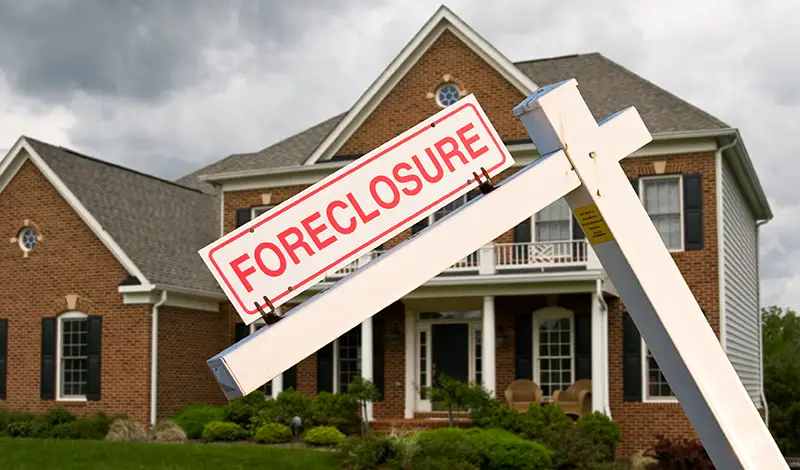Common Frauds in Real Estate (And How to Avoid Them)
Published on February 21, 2024 | 4 Minute read

Melanie
Ortiz Reyes
Content Specialist
Real estate transactions involve substantial financial investments, making them susceptible to various fraudulent schemes that can jeopardize your hard-earned money. As a prospective buyer, seller, or investor, understanding the common frauds in real estate is crucial for safeguarding your interests.
Wire Fraud in Real Estate Transactions
One of the most prevalent scams in real estate involves wire fraud. Cybercriminals exploit the electronic communication channels used in real estate transactions to intercept and redirect funds. In a typical scenario, the fraudster gains access to email accounts of either the buyer, seller, or real estate professionals involved in the transaction. They then send convincing but fraudulent wire transfer instructions, leading to the diversion of funds to unauthorized accounts.
Avoidance Strategies:
- Verify Instructions - Always verify wire transfer instructions directly with the involved parties through verified contact information, preferably in person or over the phone.
- Secure Communication - Use secure communication channels, such as encrypted email services, to reduce the risk of unauthorized access to sensitive information

Title Fraud
Title fraud occurs when a fraudster forges or steals a property owner's identity and then transfers the property title to themselves. Once the title is fraudulently transferred, the scammer can either sell the property or secure a mortgage against it.
Avoidance Strategies:
- Monitor Property Titles - Regularly check property titles for any unauthorized changes or transfers.
- Title Insurance - Invest in title insurance to provide financial protection in case of title fraud.
Rental Scams
Rental scams target tenants seeking affordable housing. Fraudsters create fake rental listings, often using legitimate property details, and request upfront payment or security deposits from unsuspecting tenants. The scammer disappears with the funds, leaving the tenant without a place to live.
Avoidance Strategies:
- In-Person Viewing - Insist on viewing the property in person before making any payments.
- Research Property Ownership - Verify the property's ownership through public records or legitimate property management sources.

Foreclosure Rescue Scams
In times of financial distress, homeowners facing foreclosure become vulnerable to rescue scams. Fraudsters pose as "rescuers" offering to save the homeowner from foreclosure by transferring the property title. In reality, the scammer gains ownership, leaving the homeowner without the property and any equity.
Avoidance Strategies:
- Consult Legal Advice - Seek legal advice before entering into any agreements related to foreclosure assistance.
- Beware of High-Pressure Tactics - Be cautious of high-pressure tactics used by scammers to rush decisions.
Property Flipping Schemes
Property flipping schemes involve artificially inflating the value of a property through false appraisals or staged transactions. Unsuspecting buyers purchase the property at an inflated price, only to discover the actual market value is significantly lower.
Avoidance Strategies:
- Independent Appraisals - Obtain independent appraisals from trusted professionals to assess the true market value.
- Research Property History - Research the property's transaction history to identify any suspicious fluctuations in value.

Fake Real Estate Agents
Impersonating real estate agents, scammers exploit the trust placed in professionals involved in real estate transactions. Victims may pay deposits, sign contracts, or provide personal information to fraudulent agents, only to find out later that the entire transaction was a sham.
Avoidance Strategies:
- Verify Credentials - Confirm the legitimacy of real estate agents by checking their credentials and licenses with the appropriate authorities.
- Use Reputable Agencies - Prefer working with reputable real estate agencies with a proven track record.
Protecting yourself from real estate fraud requires vigilance, awareness, and proactive measures. By understanding the common scams in the real estate industry and implementing the suggested avoidance strategies, you can significantly reduce the risk of falling victim to fraudulent activities. Whether you're buying, selling, or investing in real estate, stay informed, conduct due diligence, and seek professional advice when needed. By taking these precautions, you can safeguard your investment and ensure a secure and legitimate real estate transaction experience. Remember, knowledge is your best defense against real estate fraud.